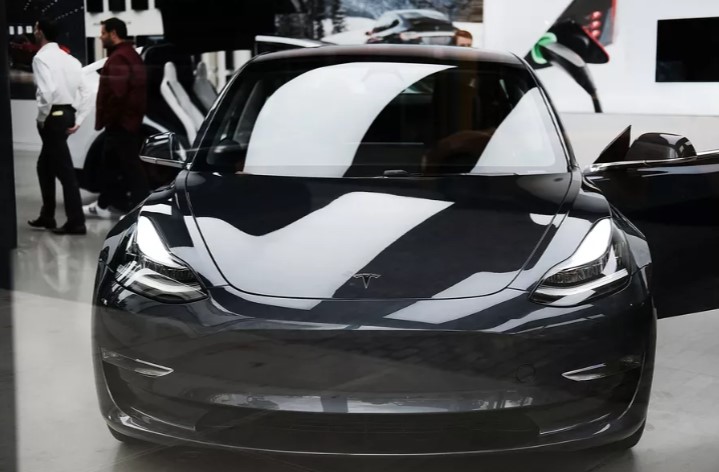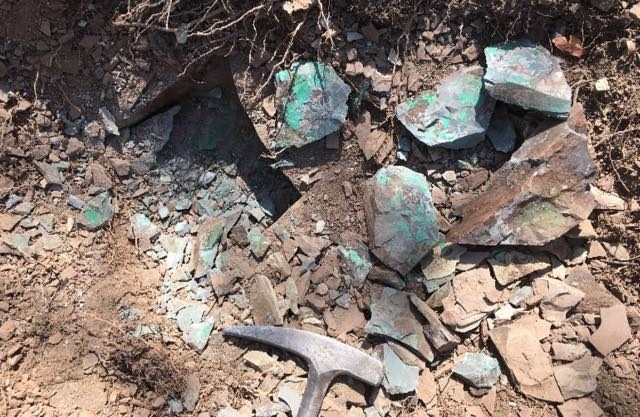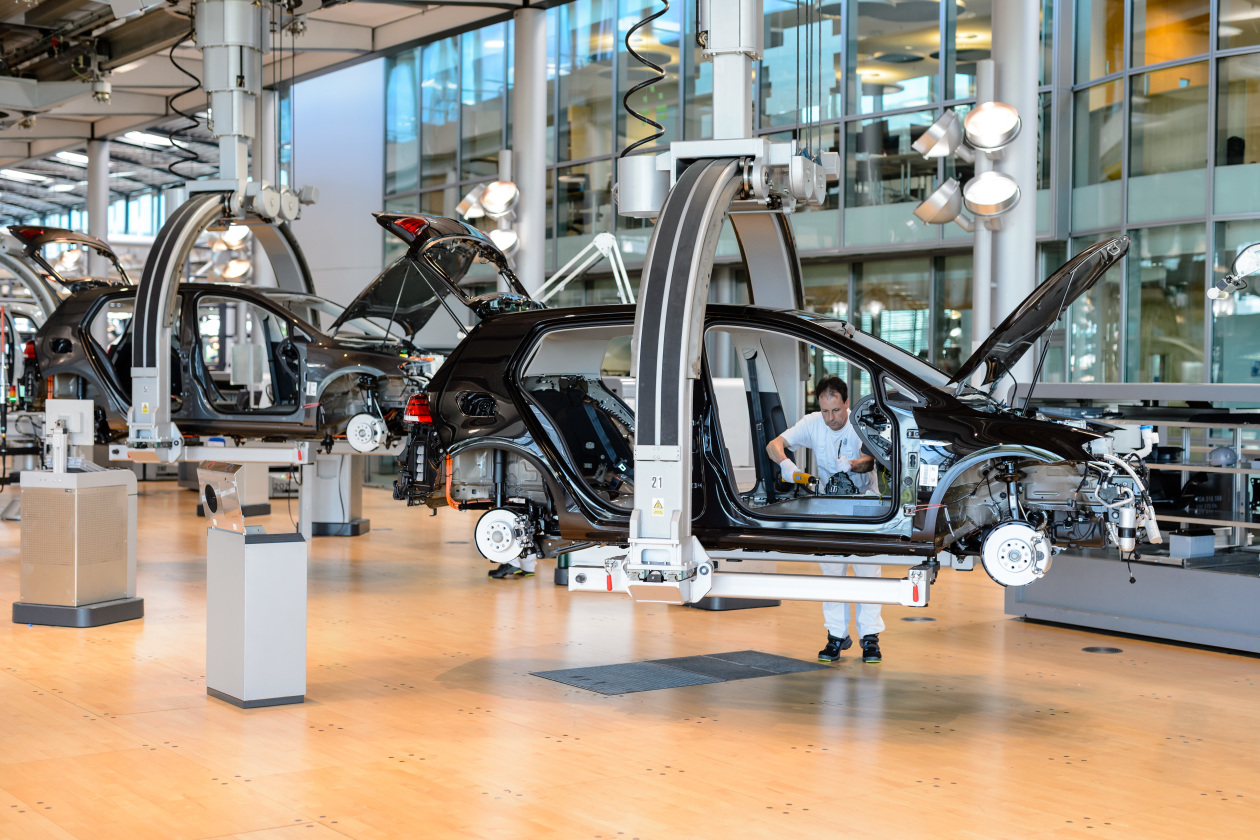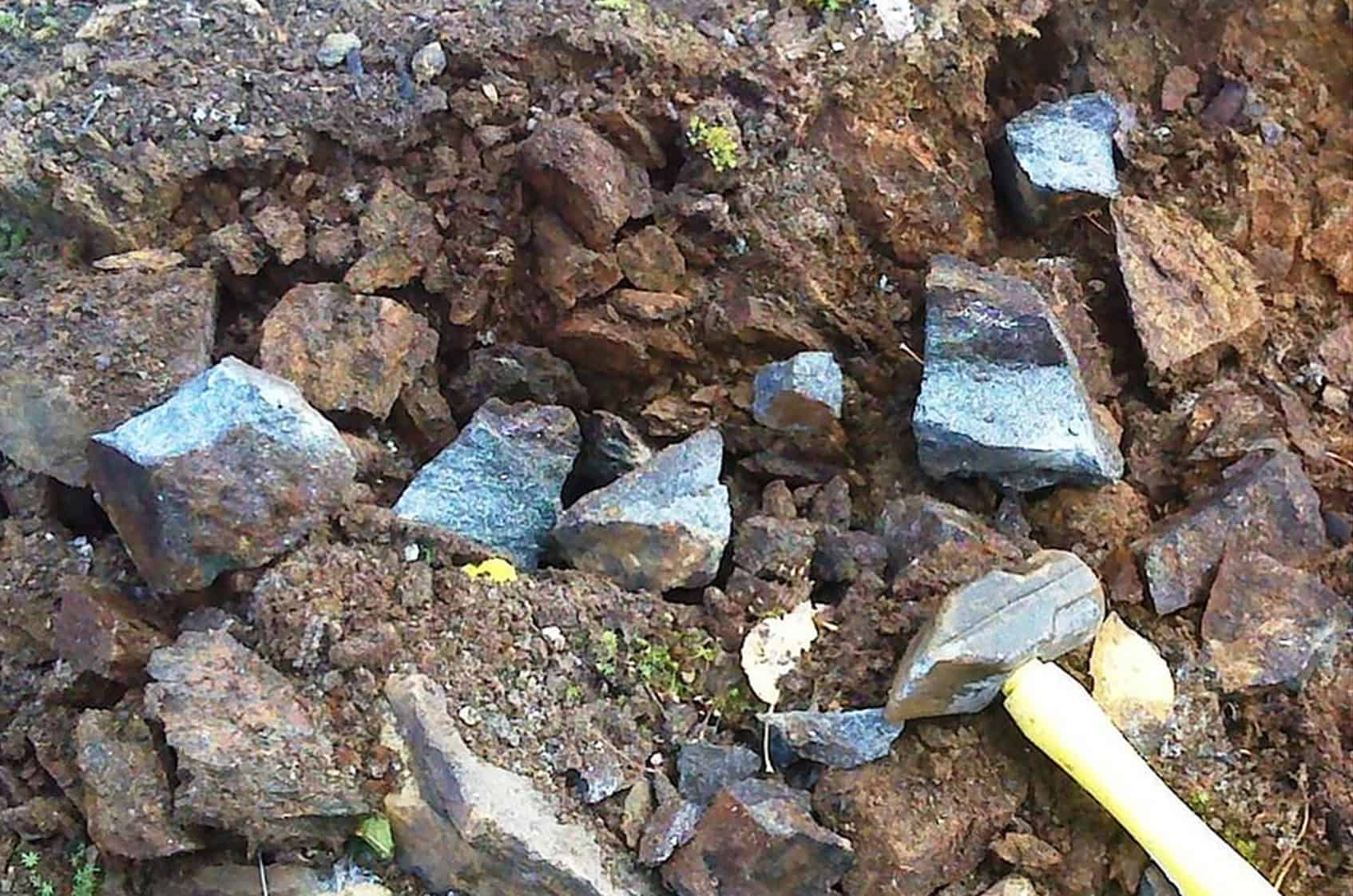
As electric vehicles become less niche, the batteries powering them need to keep up. Last week, Elon Musk tweeted that batteries for the Tesla Model 3 use less than 3 percent of an expensive chemical called cobalt, and the next generation battery “will use none” of the material that some have called the “blood diamond of batteries.” How soon can that claim come true?
Cobalt is a key component of batteries. It’s also the most expensive material in the battery and mined under conditions that often violate human rights. As a result, scientists and startups are rushing to create a cobalt-free battery.
Musk’s “next-gen” claim is a vague phrase that doesn’t set out a definite timeline, so it’s impossible to know when he’ll deliver — but don’t expect it to be in the next couple of years.
The Verge spoke to Caspar Rawles, an analyst at Benchmark Mineral Intelligence who focuses on the cobalt market and cathodes, about why it’s so challenging to create a cobalt-free battery.
What exactly is cobalt and where is it mined? Is it extremely rare?
When we’re talking about mined cobalt, the raw material supply largely comes from the [Democratic Republic of] Congo. Last year, 66 percent of the world’s cobalt came from the Congo. Congo really has a big stranglehold.
It’s not necessarily as rare as a mineral, though it’s rarer than lithium or graphite or some others. It’s typically produced as a product, meaning it comes out as another material from nickel or copper mining. So, people are concerned because the supply of cobalt is ultimately at the mercy of the larger copper and nickel markets. If those markets are suffering from low prices, and so demand, it becomes harder to invest in cobalt production.
A lot of companies, including Tesla, are interested in making the zero-cobalt battery. When do you think that will happen?
Tesla uses a formulation called NCA (nickel, cobalt, aluminum) that is already very low-cobalt. Over the last six years, Tesla and Panasonic [which supplies batteries to Tesla] have reduced cobalt dependency by about 60 percent already. That’s already very low. We think it’s going to be difficult for them to go much lower because you run into engineering problems.
What are some of those problems?
Cobalt is the safe element in the cathode. As you reduce it, you reduce the life cycle of the cell. The current market standard for electric vehicles is an eight-year warranty to retain 80 percent of the original capacity of the battery. You need to be sure your battery can do that, otherwise, you’ll have to replace it under warranty, which is way more expensive than the theoretical savings you gain from less cobalt.
And there’s a safety issue as well. As you decrease the amount of cobalt, you increase the amount of nickel. The cells can overheat and it can no longer effectively cool itself, which can lead to combustion. That’s a relatively low risk but it’s not a risk that can be taken and you need special technology to avoid that. Plus, the low-cobalt formulations need to produce in special dry environments, and so there’s a cost to making them, too.
I think it’s very challenging from an engineering standpoint to solve these problems, so I think the current NCA technology is going to be the dominant technology for the next 10 years.
Some people pointed out that Panasonic announced that it was going to develop a cobalt-free battery and then ordered three times as much cobalt. Can you put that in context for me?
The cobalt-free battery is something Panasonic is working on, but I don’t think it’s around the corner. Panasonic is probably ordering more cobalt simply because they need to make more batteries. Tesla is ramping up production and they have a deal with Toyota.
What do you see as the future of the cobalt market? Is it going to become more and more expensive?
That’s the multibillion-dollar question. Electric vehicles are creating a true demand for cobalt now and that’s going to be around for a long time. Demand for cobalt used to be mostly for superalloys used in jet engines and hardware. Now, over 50 percent of demand is coming from the battery sector, which is going to completely change the industry.
At the same time, there are a number of new projects to mine cobalt in DRC. I think we’ll have stable prices until about 2022, when demand is going to exceed what new supplies can come, and then prices are likely to increase.
What do you think is the future of the battery? What could “next-gen” be?
There are things like advanced lithium-ion batteries, which use little cobalt and could be here in a couple of years. But we’re really getting toward the physiochemical limit of what those materials can do. To me, the next generation is something like solid-state batteries with the solid anode, but they’re a long way off. Other things, like sodium-ion batteries, are still on the lab scale and you need to get from lab to research to pilot testing, to cathode testing to battery testing. We’re looking at least 10 more years for that.





